1. Set up a website
Your website doesn’t need to be fancy, but make sure it professionally reflects your business and contains the information customers generally need to know, such as how to contact you, business hours, menu of services (or menu for a restaurant), etc. There are a variety of services that will help you create a simple but professional looking site; if your needs are more extensive, you may need to hire someone to create it for you.
While you’re at it, don’t slap up pages that say “under construction” or “coming soon.” Even if your site is a single page, make it look professional. You can always add more pages later.
A few businesses get away with not having a website, and instead use a Facebook business page or even an Instagram account. Think carefully about adopting this strategy, however. Almost anyone can access a website, but not everyone is a Facebook or Instagram user. And when you rely on a third-party platform, you lose some control over your prospects’ and customers’ experiences.
2. Create a professional email address
My daughter’s new dentist asked me to have her medical records emailed to them at a Yahoo email address. Not only is that not secure, it didn’t seem professional. Get an email address that matches your domain name; it’s simple and not expensive. Your website host may provide that as service, or you can use G Suite email for as little as $5 a month. (Note that G Suite email can give you an email address at your domain name, which looks better than an @gmail.com address.)
3. Get a business phone number
Have you ever called a business and been taken aback when the phone is answered with a blunt “hello” rather than a professional greeting? It doesn’t inspire confidence. That’s why you need a business phone number: If a phone call, text, or email comes in for your business, you can respond appropriately.
Fortunately, these days you don’t have to spring for an expensive business landline if you don’t want to. You can add a second line to your cell phone for just a few dollars a month. Here are five affordable services you can use to get a business phone number.
4. Use a business address
It’s perfectly fine these days to start your business from home, a coworking space, or really from anywhere in the world. But using a business address can add a layer of privacy and professionalism. If you aren’t ready to invest in office space, consider getting a PO Box. You can then use that address as if it is a street address. (Postal service instructions for turning PO Box addresses into street addresses can be found here.)
5. Invoice professionally and promptly
You won’t stay in business long if you don’t get paid. Some 70% of freelancers report they’ve been stiffed by clients. Two things will help you avoid this scenario: a contract and prompt invoicing. There are a variety of programs that make it easy to create and send professional invoices inexpensively. Many accounting platforms, for example, make invoicing painless. You may even be able to accept payments online through them. You may also want to check out And.co, which provides a standard freelance contract along with invoicing.
6. Establish a social media presence
Sue B Zimmerman became enthralled with Instagram when she owned a retail business. She instructed her employees to post on Instagram—within guidelines—and her business boomed. (She now teaches business growth strategies, including how to leverage Instagram.)
Your business doesn’t have to be on every social media platform, but find out where your customers congregate and consider developing a basic presence on the most popular ones. At a minimum, grab the social media handles for your business name before someone else does.
7. Build business credit
Your vendors, suppliers, and even some lenders may be willing to advance you goods or services that you can pay for later. Getting supplies on “terms” such as net-30 or net-60 can help your business cash flow. But often to get terms, you’ll need a positive business credit history. Start building yours when your business is young, and you can have strong business credit scores when you need them. Plus, anyone can check business credit—that includes future business partners.
These basic steps will help you put your best foot forward. This 14-Step Checklist to Make Your Business Legit will provide additional guidance as you launch and grow your business. If you’re feeling overwhelmed, consider reaching out to your local Small Business Development Center or SCORE office for help from an experienced business advisor or mentor.
Business Cards
VIEW ALL CARDS
$60.05
$60.05
$62.55
$60.05
$60.05
$60.05
$60.05
$52.55
$60.05
$60.05

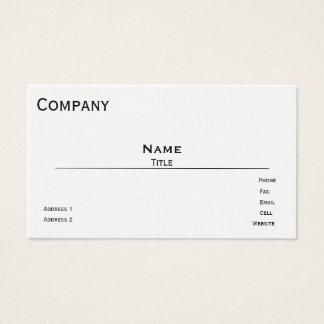
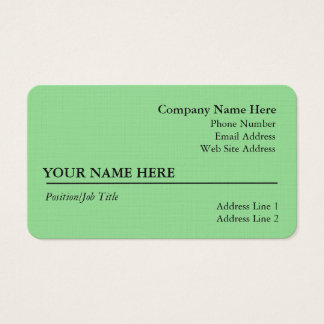
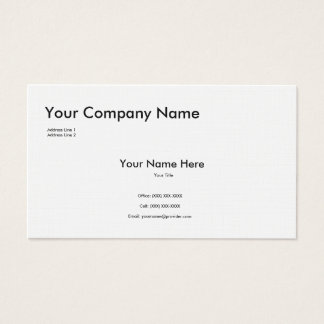
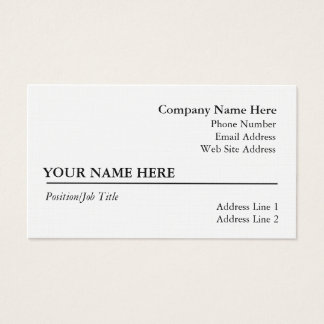

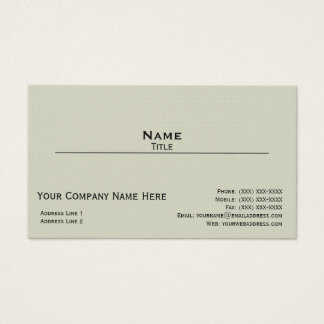
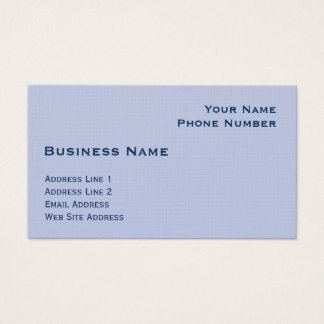
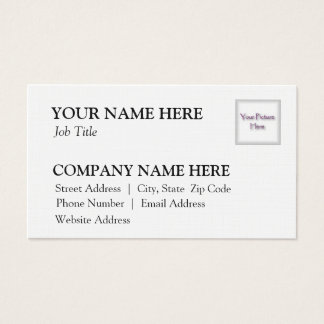
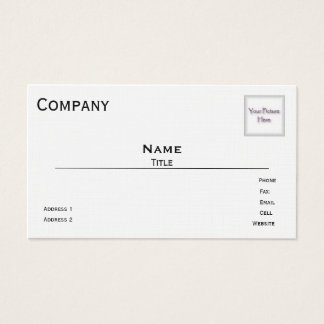
No comments:
Post a Comment